Ethical Wildlife Experiences
Thailand is renowned for its majestic elephants, and over the years, there has been a growing awareness of the importance of ethical tourism when interacting with these incredible animals. Elephant sanctuaries that prioritize the welfare of the animals provide visitors with responsible and enriching experiences, allowing you to see elephants in their natural environments without exploitation.
Here is a guide to Thailand’s best ethical elephant sanctuaries, where animal care and conservation are at the heart of their mission.
What to Look for in an Ethical Elephant Sanctuary
When visiting an elephant sanctuary, it’s important to choose one that:
- Do not allow elephant riding, as this can be harmful to the animals.
- Focuses on rescue and rehabilitation, often taking in elephants that have been mistreated or used in harmful industries like logging or entertainment.
- Provides an environment where elephants can roam freely, with minimal human interference.
- Encourages educational experiences that promote conservation and respect for wildlife.
1. Elephant Nature Park (Chiang Mai)
Elephant Nature Park is perhaps the most famous ethical sanctuary in Thailand. Located in a valley surrounded by lush mountains, this rescue center has been a haven for elephants since the 1990s. The park is home to not only elephants but also rescued dogs, cats, and buffaloes.
Why Visit:
- Visitors can observe elephants in a natural setting, bathing in the river or foraging in the fields.
- No riding or performances—just an opportunity to learn about the animals’ stories and the ongoing efforts to rescue and rehabilitate them.
- The park offers day trips and overnight stays, allowing you to fully immerse yourself in the experience.

2. Boon Lott’s Elephant Sanctuary (Sukhothai)
Boon Lott’s Elephant Sanctuary (BLES), located near Sukhothai, is a lesser-known but equally commendable sanctuary. Named after a baby elephant whose life was saved by the sanctuary’s founder, BLES is dedicated to the long-term well-being of rescued elephants.
Why Visit:
- BLES is a true sanctuary, providing a peaceful and natural environment for elephants to live out their lives free from exploitation.
- Visitors have the opportunity to walk alongside the elephants in the jungle, watch them forage, and learn about their history.
- The sanctuary is limited to small groups, offering an intimate and educational experience.
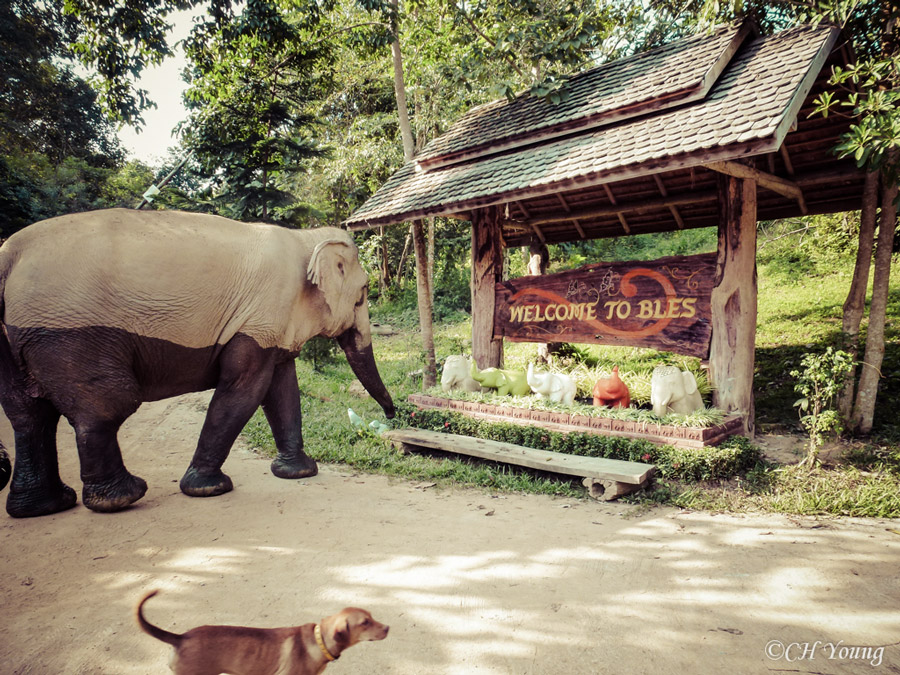
3. Elephant Hills (Khao Sok National Park)
For a more immersive experience, Elephant Hills in Khao Sok National Park combines ethical elephant interactions with luxury tented camp accommodations. This eco-friendly camp is located in one of Thailand’s most stunning rainforests, offering a blend of wildlife, nature, and adventure.
Why Visit:
- Elephant Hills is focused on hands-off interaction, where visitors can feed and observe the elephants but not ride them.
- Elephants roam freely, and the camp promotes education on elephant conservation and the environment.
- In addition to the elephant experiences, visitors can explore the breathtaking natural beauty of Khao Sok, including rainforest trekking and canoeing.
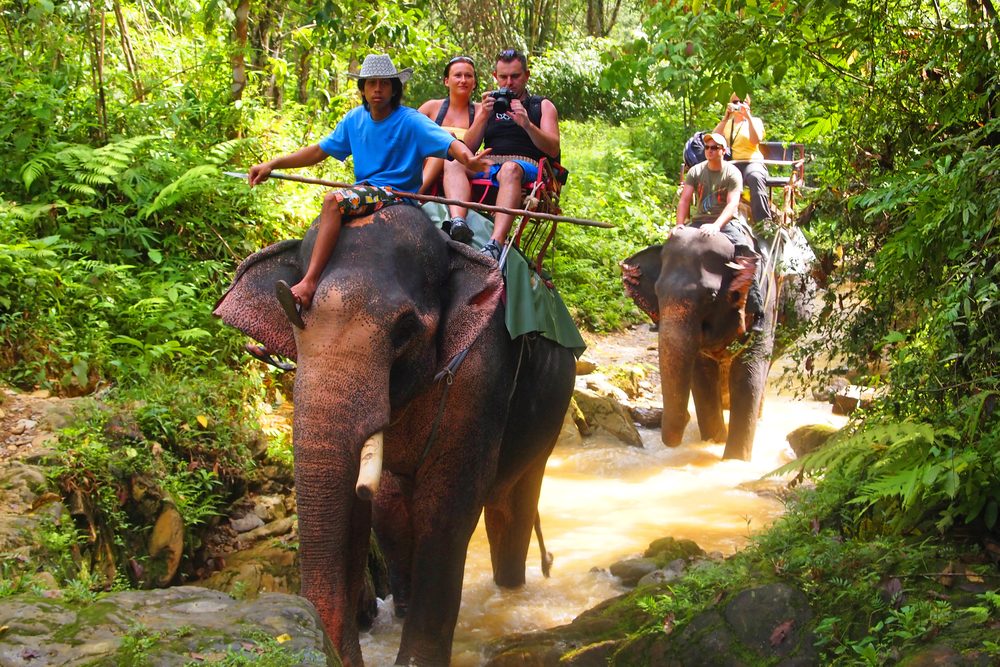
4. Phuket Elephant Sanctuary (Phuket)
As Phuket’s first ethical elephant sanctuary, Phuket Elephant Sanctuary is a refuge for elephants who have been rescued from the logging and tourism industries. The sanctuary is located on the island’s east coast, providing a tranquil setting for elephants to enjoy their retirement in peace.
Why Visit:
- No riding, no bathing—just respectful observation. Visitors walk alongside elephants as they explore their natural surroundings.
- The sanctuary focuses on educating visitors about the importance of treating elephants with respect and care.
- Phuket Elephant Sanctuary offers half-day tours, where visitors can watch elephants bathe in the lagoon, feed them, and learn about their rehabilitation process.
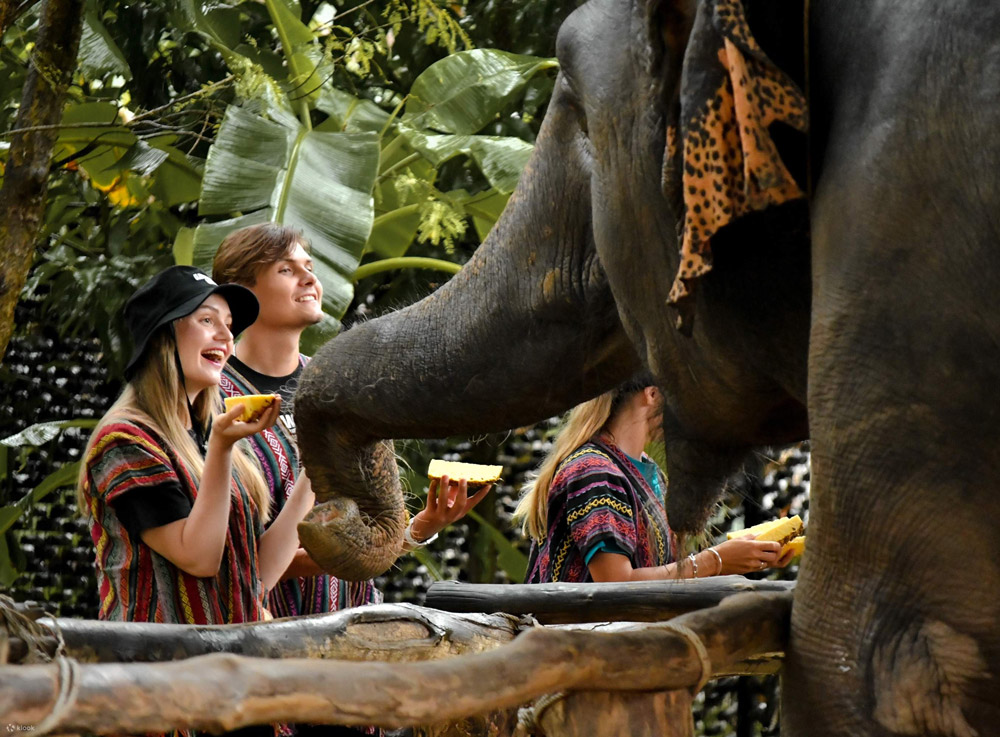
5. Samui Elephant Sanctuary (Koh Samui)
Inspired by Elephant Nature Park, Samui Elephant Sanctuary follows the same ethical model, providing a safe home for elephants rescued from trekking camps and circuses. Located in Koh Samui, this sanctuary offers a peaceful, seaside environment for elephants to roam freely.
Why Visit:
- Visitors are invited to feed, walk with, and observe the elephants in a natural, forested setting.
- The sanctuary promotes ethical interactions and focuses on educating tourists about the need to end the use of elephants in entertainment.
- Small group tours ensure a more personal and quiet experience with the elephants.
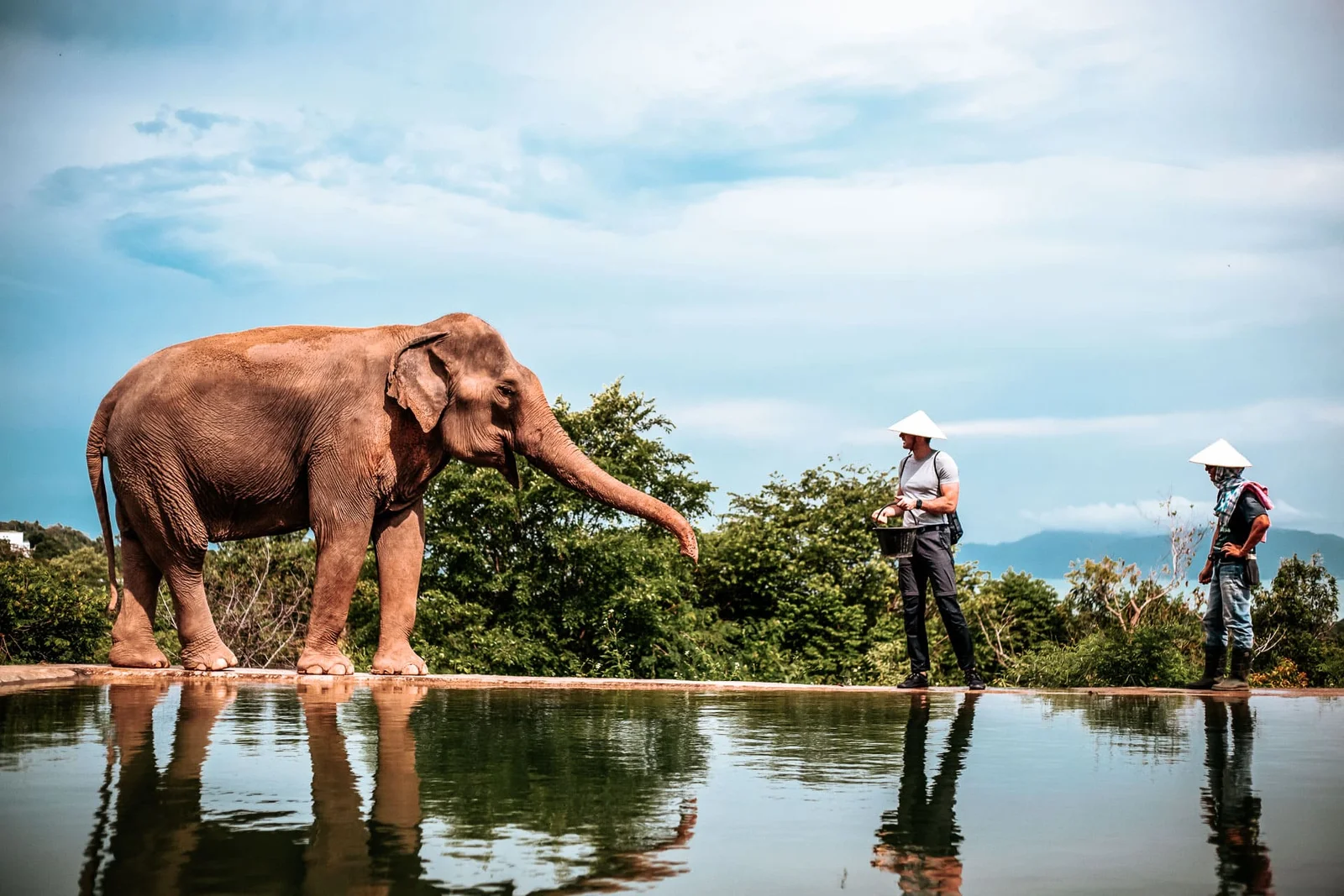
6. Friends of the Asian Elephant Hospital (Lampang)
Friends of the Asian Elephant Hospital is the first elephant hospital in the world, located in Lampang. Although it’s not a traditional tourist attraction, the hospital plays a vital role in caring for sick and injured elephants, particularly those who have been injured by landmines or mistreated in the tourism industry.
Why Visit:
- The hospital is dedicated to elephant welfare and rehabilitation, focusing on treating injured elephants rather than promoting tourism.
- Visitors can tour the facility, learning about the medical care provided to elephants and the challenges they face in the wild and captivity.
- This is a great stop for those wanting to understand the more technical aspects of elephant care and rescue.
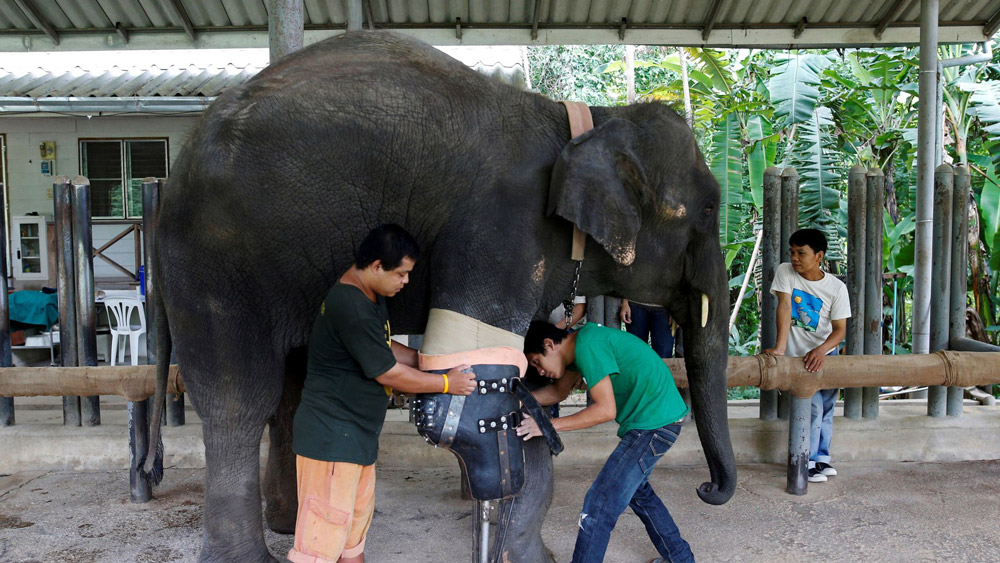
7. Wildlife Friends Foundation Thailand (Phetchaburi)
The Wildlife Friends Foundation Thailand (WFFT) operates both a wildlife rescue center and an elephant sanctuary, focusing on providing a haven for animals rescued from abusive situations. WFFT is located in Phetchaburi, about 2 hours from Bangkok.
Why Visit:
- WFFT is home to a variety of rescued animals, including elephants, primates, and bears.
- The elephant refuge allows visitors to walk with the elephants and observe them interacting in a natural environment.
- Visitors can participate in day tours or longer volunteer programs, where they assist in the care and feeding of the animals.

How to Choose the Right Sanctuary for You
When planning a visit to an elephant sanctuary, it’s important to:
- Research the sanctuary’s ethical practices: Avoid places that offer elephant riding or allow unnatural behaviors.
- Consider the location: Some sanctuaries are more remote, offering immersive experiences, while others are closer to major tourist areas.
- Choose a sanctuary that aligns with your interests: Whether it’s education, volunteering, or simply observation, each sanctuary offers a unique experience.
Conclusion
Thailand’s ethical elephant sanctuaries provide a wonderful way to experience these magnificent creatures while supporting their protection and well-being. By choosing to visit a sanctuary that prioritizes the elephants’ health and happiness, you contribute to the movement towards more sustainable and humane wildlife tourism.
